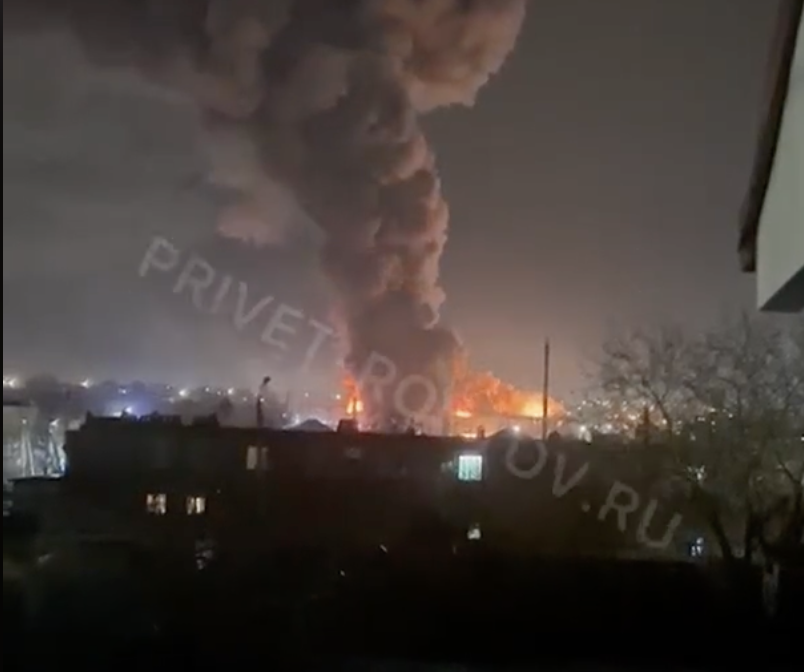Germany towing disabled tanker from Russia's 'shadow fleet' in Baltic Sea

Germany said on Jan. 11 that it had established towing connections with a disabled tanker Eventin, which it said was part of Russia's "shadow fleet" used to avert sanctions, to prevent an oil spill in the Baltic Sea.
"The towing convoy is moving eastwards to a position northeast of Cape Arkona (Rügen)," Germany's Central Command for Maritime Emergencies (CCME) said, referring to the German island in the southwestern part of the Baltic Sea.
"The emergency command is continuously assessing the situation in order to be able to react to any changes," the command said, adding that the towing convoy is moving at the speed of 2.5 kilometers per hour, navigating through strong winds.
Russia has used murky ships for oil exports to circumvent sanctions imposed by Western nations for waging its brutal war against Ukraine. The Panamanian-flagged tanker, loaded with about 99,000 tons of oil, was sailing from Russia to Egypt, according to the CCME.
The tanker was unable to maneuver since Jan. 10 and has been slowly drifting in the Baltic Sea coastal waters, north of Rügen, the CCME said in its daily updates.
Speaking to the press on Jan. 10, German Foreign Minister Annalena Baerbock slammed Russia for threatening European security with its use of "dilapidated oil tankers," AFP reported.
"By ruthlessly deploying a fleet of rusty tankers, (Russian President Vladimir) Putin is not only circumventing the sanctions, but is also willingly accepting that tourism on the Baltic Sea will come to a standstill" if an accident occurs, Baerbock said, as cited by AFP.
The reports of the stricken vessel come a month after two Russian tankers were damaged by a storm in December in the Kerch Strait. The vessels, each reportedly carrying 4,000 tons of fuel, began leaking into the Black Sea.
Russia has caused massive environmental damage in and outside Ukraine, including the destruction of the Nova Kakhovka Dam in June 2023 and subsequent flooding, widespread forest fires, and the devastation of wide stretches of farmland.
Germany said that no oil leaks had been detected after the Jan. 10 incident. By the time of the publication, it was unclear whether there were suspicions of sabotage that may have caused the adrift.
"Since Russia’s invasion of Ukraine, the dark fleet of old vessels that lack proper insurance, have opaque ownership, and 'flag hop' between different permissive ship registries has grown explosively, to an estimated 1,400 ships," the U.S.-think tank Atlantic Council wrote in its January 2024 report.
"Their presence poses considerable risk to other ships, to the environment, and to countries experiencing maritime accidents caused by the vessels," it added.












